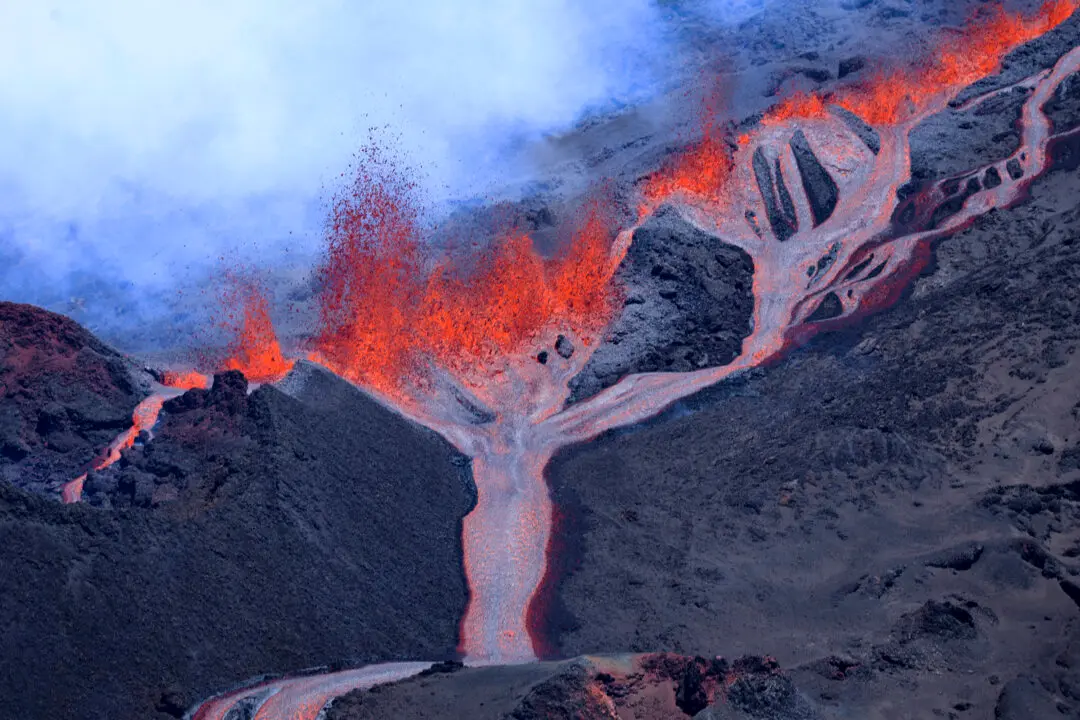Wednesday, Mar. 7, 2012
THEN
March 7, 1969, a week following the death of Israeli Prime Minister Levi Eshkol after a heart attack, Golda Meir, 70, is nominated by the Labor Party the next prime minister of Israel—becoming the first female PM in Israel and only the world’s third female head of state. Meir has 10 years of experience as Israeli foreign minister, which she retired from for health reasons. Accepting the nomination, Meir said, “I have never failed to accept party decisions and I shall not refuse now.” She continues saying, “I have faced difficult problems in the past but nothing like the one I’m faced with now in leading the country.” On Oct. 6, 1973, the breakout of the Yom Kippur War—a surprise attack against Israel by a coalition of Arab states lead by Egypt and Syria—is considered the most significant event of Meir’s administration. Hours before the attack, the top levels of the Israeli government met to discuss a pre-emptive strike. Meir rejected the idea saying Israel might soon need American help so it was better if Israel was not blamed for starting the war. Although the Labor Party wins the 1973 elections, Meir retires for good four months later.
NOW
Today, another war seems imminent, this time between Israel and Iran, with Israel asserting that it is willing to launch a pre-emptive attack. Earlier this week, following discussions with President Barack Obama at the White House, Israeli Prime Minister Benjamin Netanyahu told the American Israel Public Affairs Committee (AIPAC), “The Jewish state will not allow those who seek our destruction to possess the means to achieve that goal.” He added, “A nuclear armed Iran must be stopped.” Netanyahu’s remarks came after Obama urged Israel to allow more time for sanctions on Iran to curtail the country’s nuclear program. In response to this plea Netanyahu said, “My friends, Israel has waited, patiently waited for the international community to resolve this issue. We have waited for diplomacy to work. We have waited for sanctions to work.” He continued saying, “None of us can afford to wait much longer.” Iran has continued to deny the existence of a program to develop a nuclear weapon.




